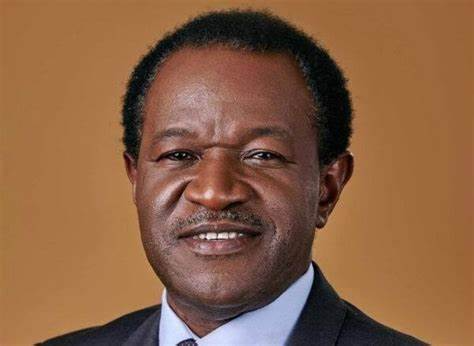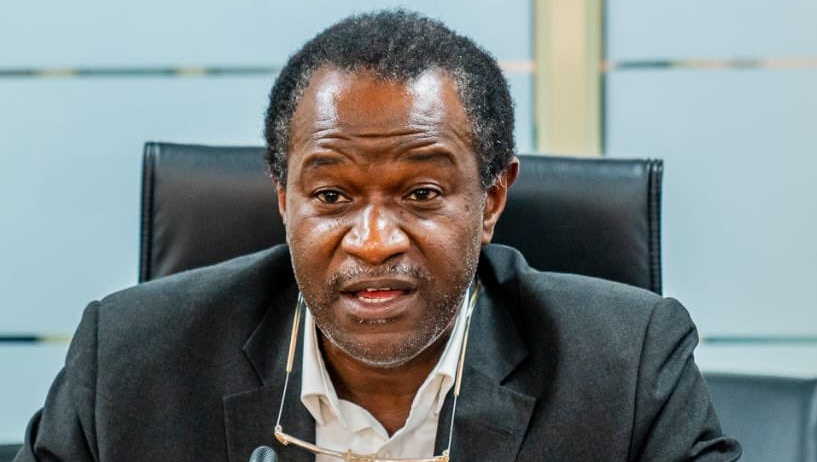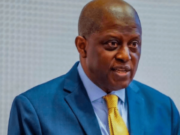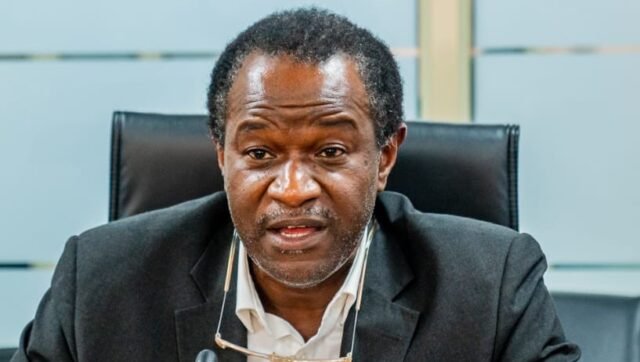In a recent statement that has brought relief to many Nigerian students, the Managing Director and Chief Executive Officer of the Nigerian Education Loan Fund (NELFUND), Akintunde Sawyerr, clarified that the ongoing strike led by the Academic Staff Union of Universities (ASUU) will not impair the Fund’s operations—particularly the disbursement of student loans and upkeep allowances. He emphasised that intact governance structures and government backing will keep the scheme resilient amid academic turbulence.
Table of Contents

Strike Will Not Cripple NELFUND’s Disbursements
Mr. Sawyerr made it clear that NELFUND’s core functions—especially institutional charge payments and upkeep allocations—are structured to withstand industrial action in universities. Even though lecturers have downed tools, he said, the Fund is not part of the academic labour dynamics and remains operationally insulated.
He stated that as of now, upkeep payments (which support students’ living expenses while in school) will continue unaffected. However, he admitted that NELFUND will monitor ongoing negotiations between the Federal Government and ASUU and remain responsive to any shifts in policy direction. This caution reflects a sensitivity to evolving political and administrative developments, but for now the assurance is firm: the scheme proceeds as planned.
In support of this stance, the loan application portal was reopened over the weekend to accommodate tertiary institutions that had not yet completed student verification. The portal will remain accessible until midnight of October 14, allowing verification for those eligible under the 2024/2025 cycle. This move underlines NELFUND’s commitment to not letting delays in academia hamper eligible students’ access to funding.
Sawyerr also expressed confidence that the ongoing dialogue between the government and ASUU, shepherded by the Minister of Education, Dr. Tunji Alausa, will yield “fair and positive outcomes.” He stressed that the Fund’s roadmap is aligned with federal educational strategies and that it is primed to adjust if high-level direction demands.

Challenges, Critiques, and the Broader Debate
Despite the assurances, the NELFUND model doesn’t enjoy universal backing. ASUU has repeatedly criticised the scheme, arguing that transforming education funding into a loan-driven model undermines the principle of education as a public good. The union insists that student support should come as non-repayable grants or enhanced government support, rather than debt instruments.
Prof. Chris Piwuna, ASUU’s President, lamented that only a fraction of Nigeria’s student population has taken up NELFUND loans, attributing the low uptake to fear of repayment burdens and distrust in implementation. He also declared that ASUU declined an invitation to join NELFUND’s governing board to maintain its independence and avoid what he sees as complicity in a controversial funding model.
Another concern revolves around how upkeep disbursements are timed. According to the National Universities Commission, NELFUND has clarified that upkeep support will be aligned with academic sessions only, to prevent duplicate payments when institutions run across staggered or overlapping calendars. This approach, while administratively neat, may pose logistical challenges in universities that do not synchronise their calendars.
Moreover, the “No Work, No Pay” policy stance taken by the Federal Government during the strike has escalated tensions. ASUU rejects that measure outright, declaring it punitive and divisive. The policy’s enforcement may strain already fragile academia–government relations, and could indirectly feed pressure into NELFUND’s ecosystem, depending on how far the government asserts control over institutional finances.

What Students Should Know & Looking Ahead
For students worried about interruption in funding, the current assurance is that both institutional fees and upkeep allowances will still be disbursed under NELFUND’s processes, despite the strike. Eligible applicants should ensure their documentation is complete, verification by their institutions is up to date, and they meet all eligibility criteria within the specified deadlines.
That said, they should also stay alert. While Sawyerr emphasised that “as of today, it will not affect upkeep,” he acknowledged that NELFUND’s posture depends partly on guidance from the Education Ministry. Should negotiations sway, or if policy direction changes, adjustments may become necessary.
From a systemic viewpoint, this episode spotlights deeper questions about how Nigeria funds higher education. Is the loan model sustainable and equitable? Will students borrow reluctantly, fearing repayment, or will it expand access meaningfully? Can such a scheme maintain integrity and avoid unintended exclusion?
For now, NELFUND appears to stand firm amidst the storm. But because the foundations of its operations intersect with policy, education, and labour dynamics, the real test may come as the ASUU strike unfolds and negotiations deepen. Students, universities, and policymakers will all be watching.
Join Our Social Media Channels:
WhatsApp: NaijaEyes
Facebook: NaijaEyes
Twitter: NaijaEyes
Instagram: NaijaEyes
TikTok: NaijaEyes
READ THE LATEST EDUCATION NEWS













![Mr Macaroni Drops Blistering Remark: ‘APC Filled with Most Corrupt People’ as He Slams Tinubu’s Controversial Pardon for Criminals=]] Mr Macaroni](https://naijaeyesblog.com/wp-content/uploads/2025/03/Mr-Macaroni-1-1-180x135.avif)

![Chaos Erupts in Abuja Hotel as BBNaija Star Phyna Sparks Fierce Scene Over Alleged N200,000 Dispute [VIDEO] Phyna](https://naijaeyesblog.com/wp-content/uploads/2024/11/A-Picture-of-Phyna-BBNaija-180x135.jpg)
























